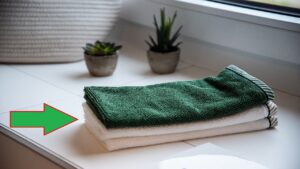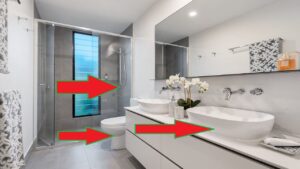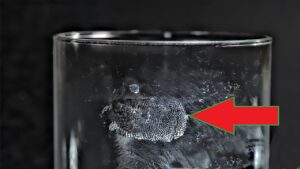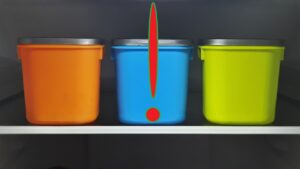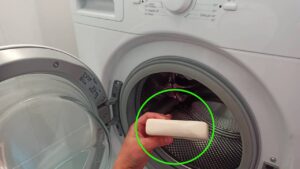How to naturally get rid of stubborn limescale deposits
Every so often, while using a faucet in the home a build-up of limescale may catch your eye. And when it comes to getting rid of limescale, there is certainly no shortage of products available to help with the job. However, if you prefer a safer way to get your surfaces free of residue, there are fortunately some natural methods to do just that.
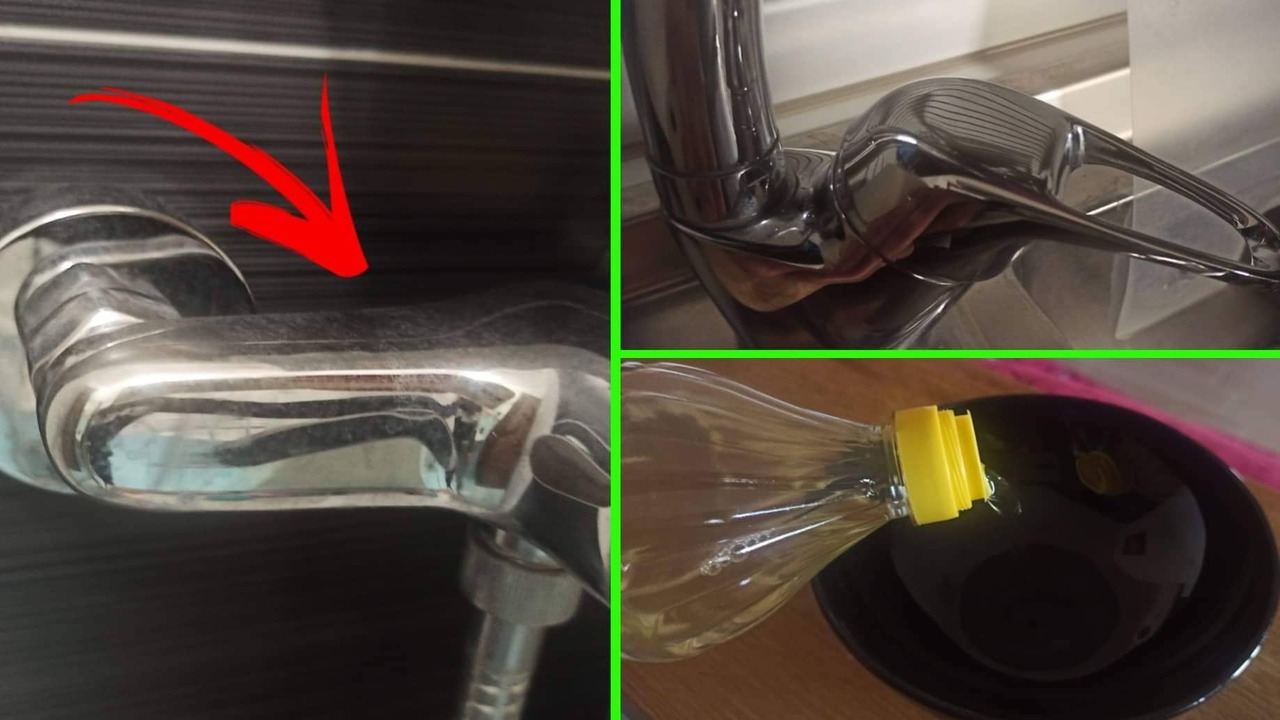
Limescale is actually a type of sedimentary rock that can be found in tiny quantities in water. Due to its density, the limescale also tends to accumulate on surfaces around our faucets and can be quite difficult to clear away. There are, however, certain natural elements that can be combined to dissolve the nasty buildup.
How to make a limescale cleaner
To make our limescale cleaner, we will first have to gather some things:
- 1 cup of white wine vinegar
- 150 grams of citric acid
- 1 liter of water
- ½ cup of lemon juice
- Essential oil
First, let’s examine why these products work so well for cleaning surfaces around the sink. Citric acid is our main ingredient, as it easily breaks down limescale upon contact. Both vinegar and lemon juice help with the dissolving process and help give a nice shine to surfaces. They also will end up getting rid of any remaining grease as well.
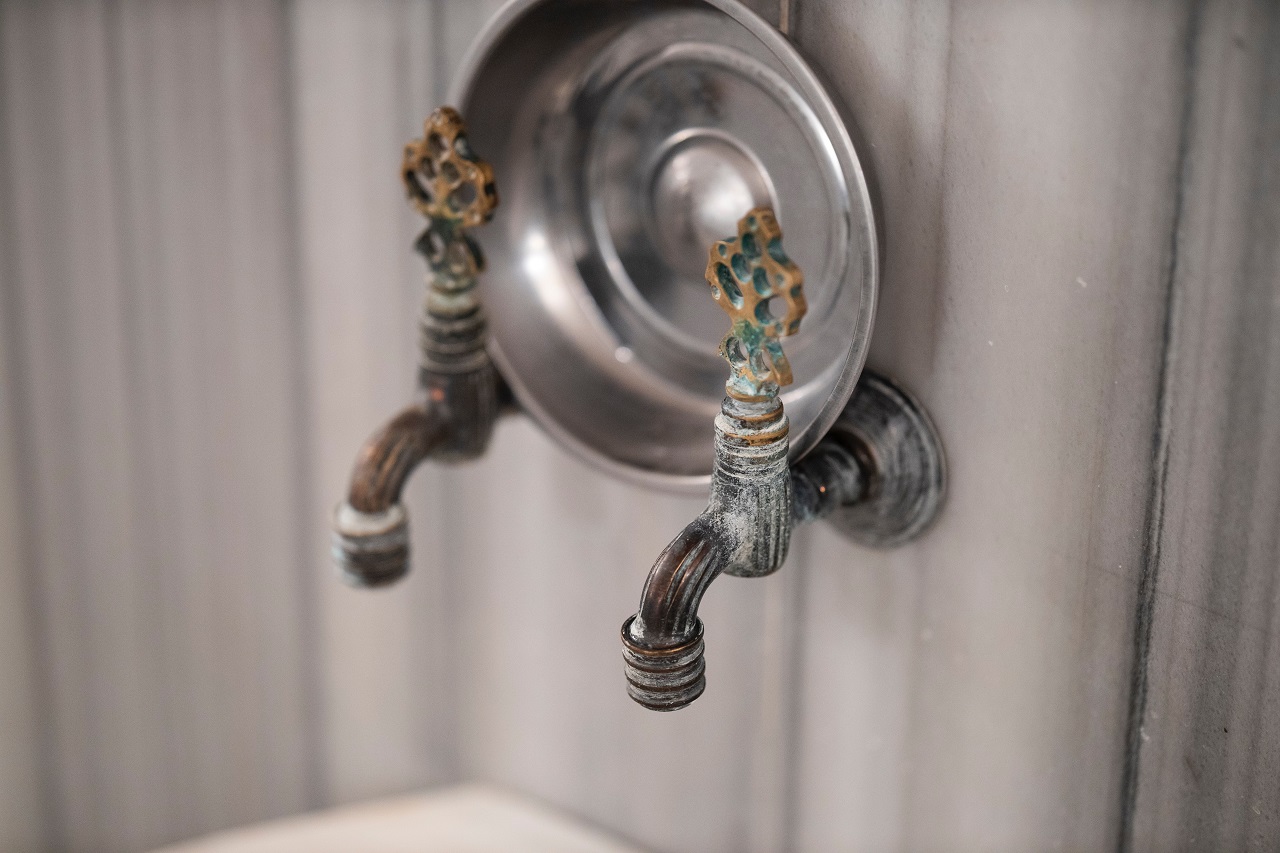
The essential oil is completely optional, and only a few drops are needed. The purpose of using essential oil is mainly to give a little extra to the lemon scent that will inevitably be produced. You can also try to experiment with some creative combinations of aromas.
Now we can get started by mixing the citric acid in the water. Next, filter in the lemon juice along with your measure of vinegar. You can also add in the essential oil at this point if you choose to do so. Mix well, then pour the solution into a clean spray bottle.
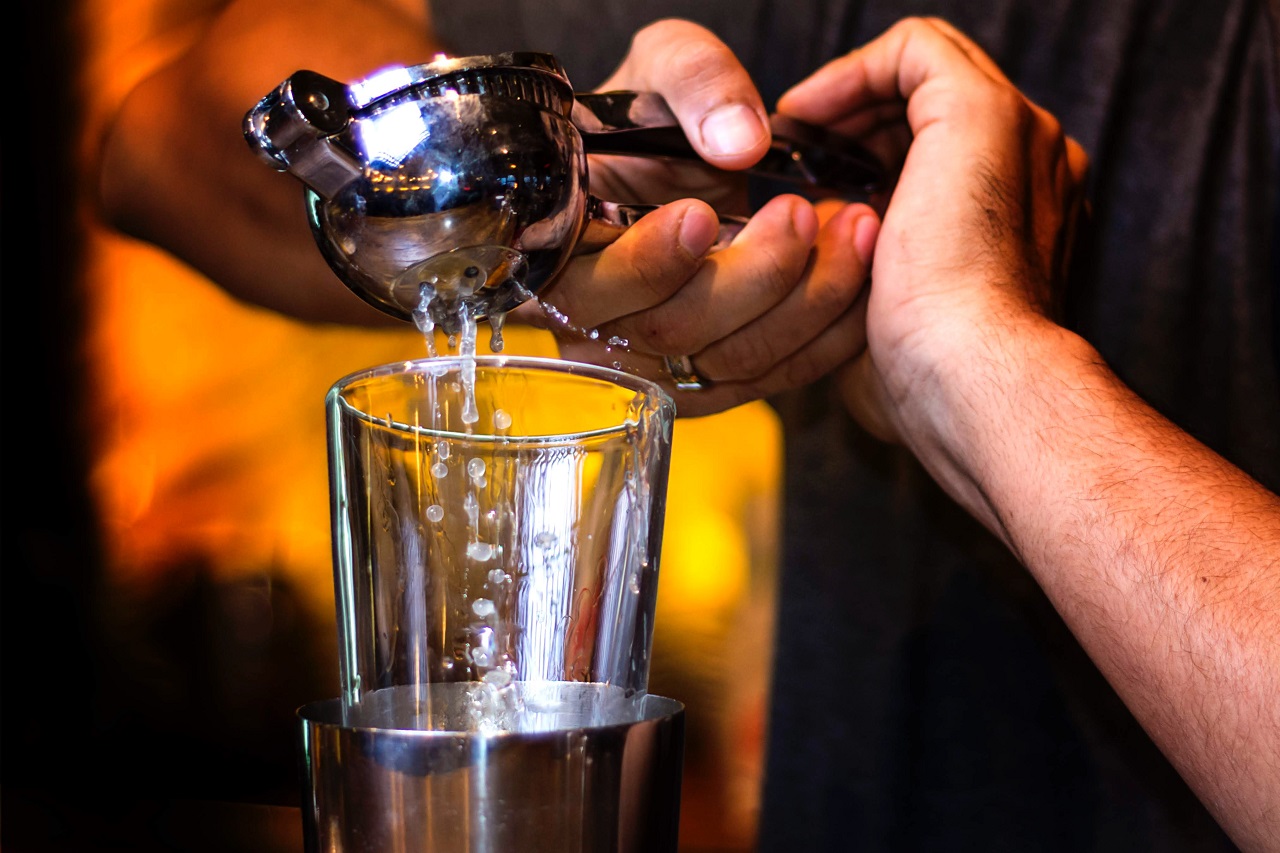
Our all-natural limescale cleaner is now ready for use. All we have to do now is spray the solution along the affected areas of the sink and wipe them clean with a sponge. Keep in mind, though, that this solution can damage certain surfaces such as marble and natural stone.
You can also use the homemade cleaner on shower surfaces, metal surfaces in the kitchen, and ceramics. And when it comes to cleaning windows and mirrors, just apply the solution to a clean rag and wipe the surfaces clean with ease.
